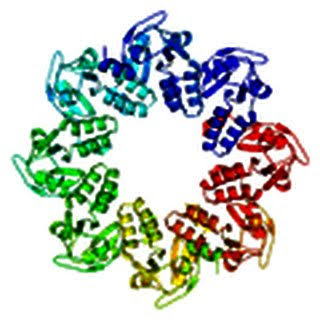Athens, Ga. – University of Georgia researchers have developed a technique that can diagnose a common type of pneumonia within minutes, potentially replacing existing tests that can take several days for results.
The researchers, whose findings are detailed online in the journal PLoS ONE, detected Mycoplasma pneumoniae, which causes atypical or "walking pneumonia," in true clinical samples with over 97 percent accuracy using a recently-developed nanotechnology-based platform.
"If you can make a positive identification from a 10-minute test, then appropriate antibiotics can be prescribed, limiting both the consequences in that patient and the likelihood that it will spread to others," said lead-author Duncan Krause, a professor in the department of microbiology in the UGA Franklin College of Arts and Sciences.
Krause and his colleagues built upon an existing technology called surface-enhanced Raman spectroscopy, which works by detecting spectral signatures of a near-infrared laser as it scatters off a biological specimen. They were able to enhance the Raman signal by using silver nanorod arrays to detect the tiny bacteria in throat swab specimens.
Krause said the device can be reduced to a size that could fit in a briefcase, although their testing is currently done only in a laboratory setting. "Our hope is that when we begin to explore the capabilities of this technology, it can be applied in point-of-care testing," he added. "Then the impact becomes truly significant."
Krause hopes the combined efforts of the research specialists in nanotechnology and infectious disease will eventually be able to determine if the technique is effective in detecting other pathogens in clinical samples. "We need to do a thorough job with mycoplasmas first," said Krause. "Then we can go to other clinical samples and ask the same questions with other infectious agents." ###
Funding for the research was provided by the U.S. Army Research Laboratory, the National Science Foundation and the Georgia Research Alliance.
For more information on UGA department of microbiology, see www.uga.edu/mib/. For further information on UGA Nanoscale Science and Engineering Center, see nano.uga.edu/.
Contact: Duncan Krause dkrause@uga.edu 706-542-2671 University of Georgia















No comments:
Post a Comment